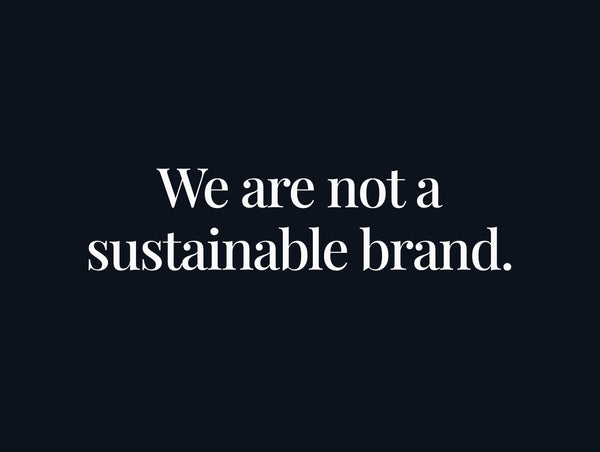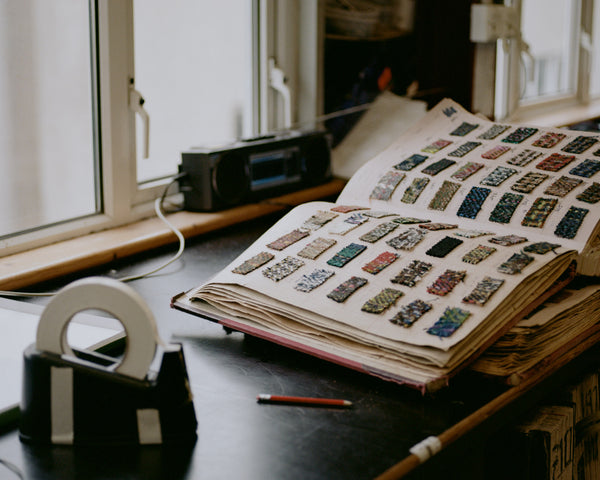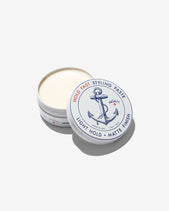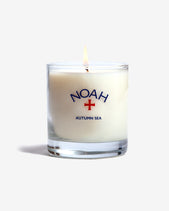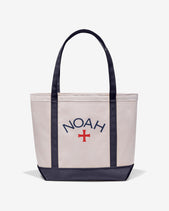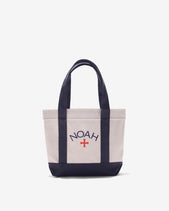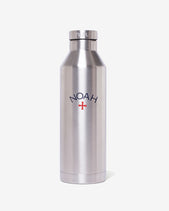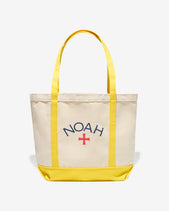
We all want change, but how badly do we want it?
Are we willing to recognize that our consumer behavior and buying habits are at the root of many of the problems we face today, whether they’re environmental, political or social? Are we willing to give up things that have come to define us as cool or respected? Do we have the strength to change our perception about what is desirable?
The fact is, how we behave as consumers is an actual historical record of our values. We talk about social justice, but line up for products made by people who are treated unfairly. Making things more cheaply is the battle cry of modern capitalism, and its influence is everywhere, despite the huge human and environmental costs. By going along with it, we collectively prioritize saving money over the rights of people making our products.
We are all guilty of this, including all of us as individuals here at Noah. We’ve all been raised in a consumer-based society. For most of us, where our things come from, and what that means, was never part of the conversation. It’s only in recent history that most of us have realized what we purchase matters. If you think of your purchases as votes, then it stands to reason that when the majority of consumers either reject or demand something, companies respond.
That’s what we mean when we say Consumer Power. Through our individual consumer decisions, we can have a say in how things are done. No company will continue to produce something no one wants. If enough people vote with their dollars, companies will eventually shift gears to meet demand.
Which brings us to something a bit closer to home, the fashion industry. We don’t think of ourselves as a fashion brand, but most people do, so we’ll leave that conversation for another day. The fashion industry spends billions of dollars to create images that instill desire in us. The goal is to make you feel like you need something--insecurities are created, emotions are toyed with. We’re overwhelmed with information telling us what is cool and desirable. We buy into it. We’re all guilty--Noah’s photoshoots don’t come for free. We spend time and money trying to relay information to you in a very specific way. But the images we all create, whether it be us or (name your favorite brand), are really not the story at all. The real story is what is behind the flat image that gets your attention.
The most important question is: when you shop, where is your money going? If you follow the trail, where does it lead? Does it lead to workers who are happy and healthy and can afford to support themselves? Does the company you are supporting support you back? Would you donate funds to an organization actively working against your best interests? If not, why would you spend money with companies that don’t have your best interest at heart? Are we willing to push back against the mass of people dictating what is cool and what isn’t? Are we willing to redefine what makes a brand cool and face the social backlash of not fitting in? Obviously, the answer for us at Noah is yes. It comes with consequences. It makes doing business more complex. It makes our products more expensive and, to be perfectly honest, our business less profitable. We’re not complaining. It’s a choice we have made. We have factored in the well being of others as part of the Noah economy and consider the combination of ethical choices with a smaller profit margin a tremendous success. It's also worth noting that despite everything, we realize not everyone can afford to make certian purchases, as wages have not kept up with increased prices of goods. But that's a story for another day.
We understand we’re not for everyone. Our purpose is not to be the biggest. But we do hope that, wherever you spend your money, you do so with purpose and thoughtfulness.





